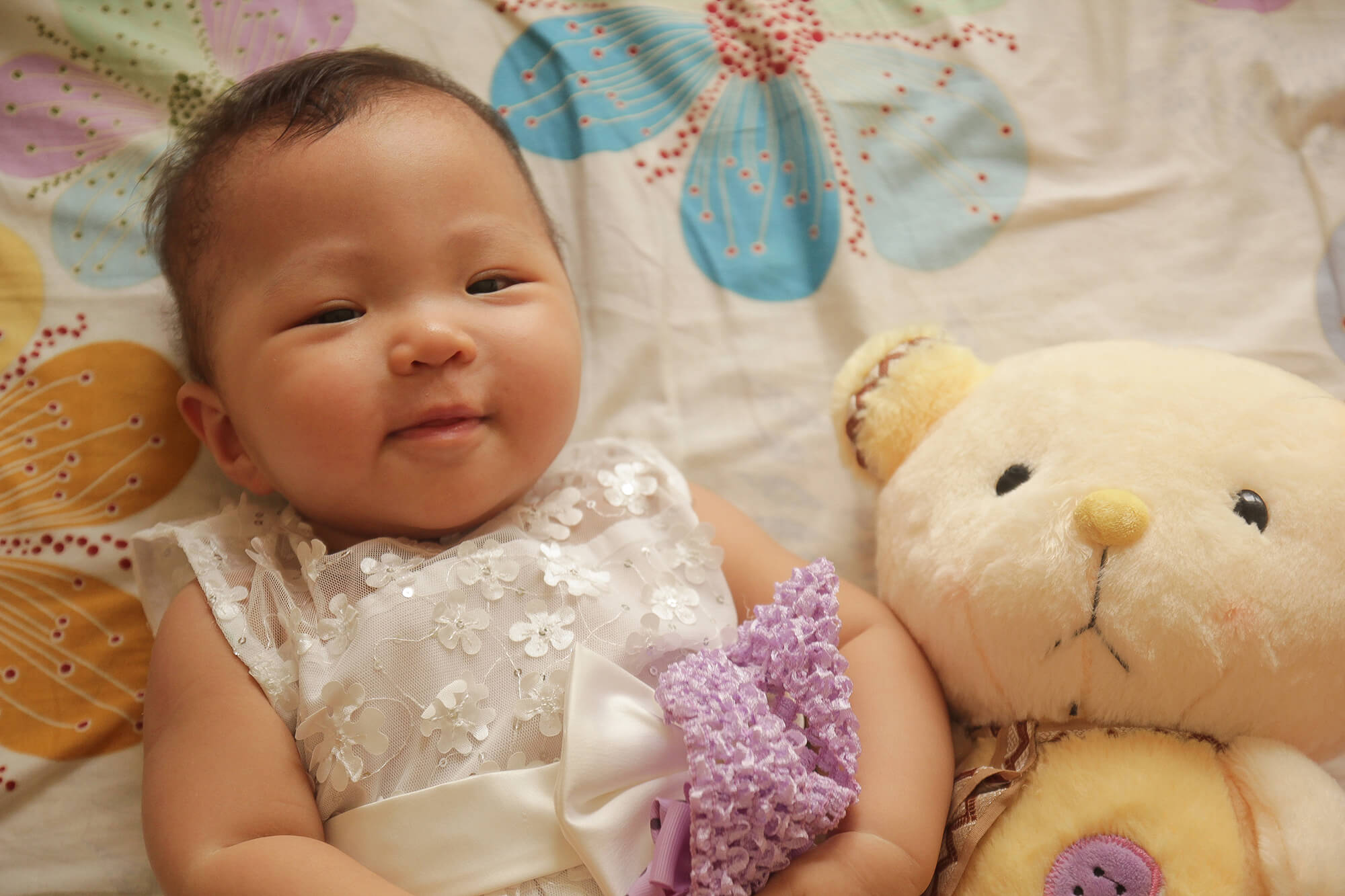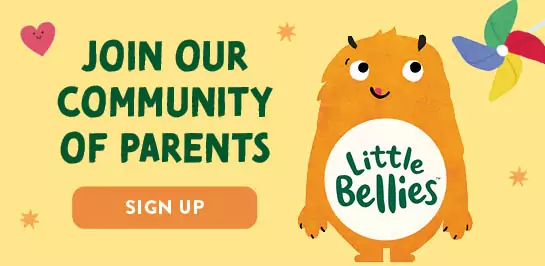6-Month-Old Developmental Milestones: A Guide for New Parents
Reading time:
Reading time:

By Nicole Lattanzio, RDN, CSP, IBCLC
A common question many parents are asking themselves, family, and friends, along with their pediatrician at the 6-month well-check. Developmental milestones serve as benchmarks to gauge how a baby is developing in various categories and at specific ages. Tracking these milestones is important as it helps you as a caregiver understand what to expect at different stages and identify any potential challenges early on. As a caregiver, it’s natural to have concerns and anxieties about whether your baby is developing as expected. This guide aims to provide guidance on developmental milestones for 6-month-old babies to help you feel confident in supporting your baby.
“Developmental milestones” are specific skills or behaviors that most children can do within a certain age range. They are used to assess your baby’s physical, cognitive, communication, and social-emotional development.
These milestones can be categorized into several groups:
It’s important to remember that every baby develops at their own pace. Some babies achieve a milestone ahead of plan while others take a bit longer to master one. Babies who were born prematurely often reach milestones later. Variations in when milestones are met are perfectly normal! Milestones should be viewed as general guidelines rather than rigid benchmarks.
There are many important milestones that take place around 6 months of age. Your baby is developing physically and mentally and entering a new stage of life where solid foods will be introduced. This is an exciting time as a caregiver and a lot of adjusting for you as well as your baby.
Milestones that typically occur around 6-months-old include:
Motor:
Cognitive:
Sleep:
Communication:
Social-Emotional Milestones:
As mentioned above, missing one milestone does not necessarily indicate a problem! It’s common for babies to not meet 100% of milestones listed. If there are consistent delays noted, especially in certain areas, further evaluation may be needed.
There are times babies may not meet milestones by the expected timeframes. While some variability in time to achieve milestones is normal, these skills are still meant to be achieved within a certain amount of time.
Warning signs specific to each milestone category to look out for include:
If noticing any of these red flags, reach out to your pediatrician to discuss more. They can evaluate and determine if referring to developmental specialists. Seeking support early on is crucial in supporting your baby’s growth and development and preventing any further delays.
Developing early vs later is multifactorial. While there are some factors out of your control (i.e. genetics, possibly environment), you can have influence with others such as early stimulation and nutrition!
Engaging with your baby through play, talking, and reading promotes cognitive and social development. This is especially important when screens are present all around us (and baby!). Reducing screen time as able and having personal interactions with your baby build on these developmental skills.
Nutrition plays a large role in development and is often overlooked. Offering proper nutrition literally builds your baby’s brain! Essential nutrients such as DHA, B vitamins, and iron are crucial for both brain growth and nerve development. Additionally, the foods we offer babies provide a range of other benefits from growing their palate for complex foods, supporting motor skill development, to providing a (much needed!) sensory experience.
Developmental norms can vary widely across cultures. Differences in feeding practices, emphasis on motor skills, parental interactions, social interactions (i.e. daycare vs staying at home), and more impact when milestones are achieved. These differences are all personal and need to be based on family dynamics and overall goals. As such, it’s important to recognize and respect these differences. What is typical in one culture may not be in another, not to mention that every baby is unique and develops at their own pace.
Understanding and tracking your baby’s developmental milestones can provide valuable insights to help you support their development. Keep in mind: Every child is unique and will reach milestones at their own pace and variabilities will also depend on numerous factors (culture, lifestyle, family dynamics, etc.) By staying informed and seeking professional advice when needed, you can feel assured and confident as you support your baby’s developmental journey!

Let’s Make It Official
Get the latest news on parenting tips, food play hacks, promotions and giveaways!
Subscribe Now